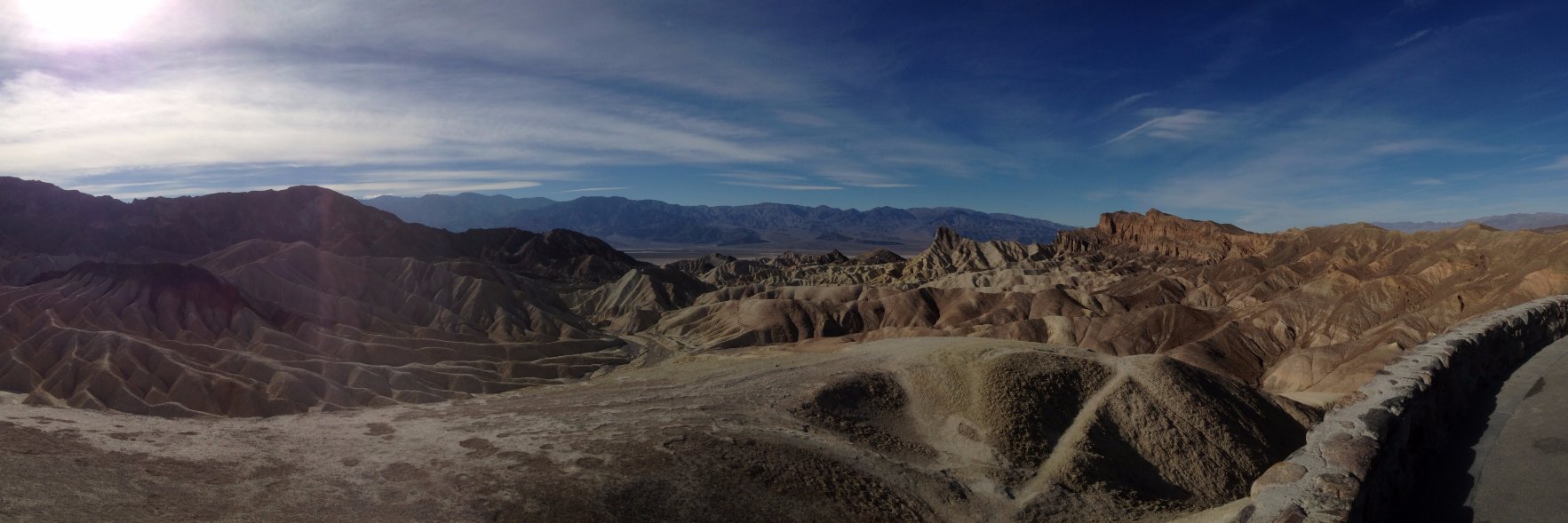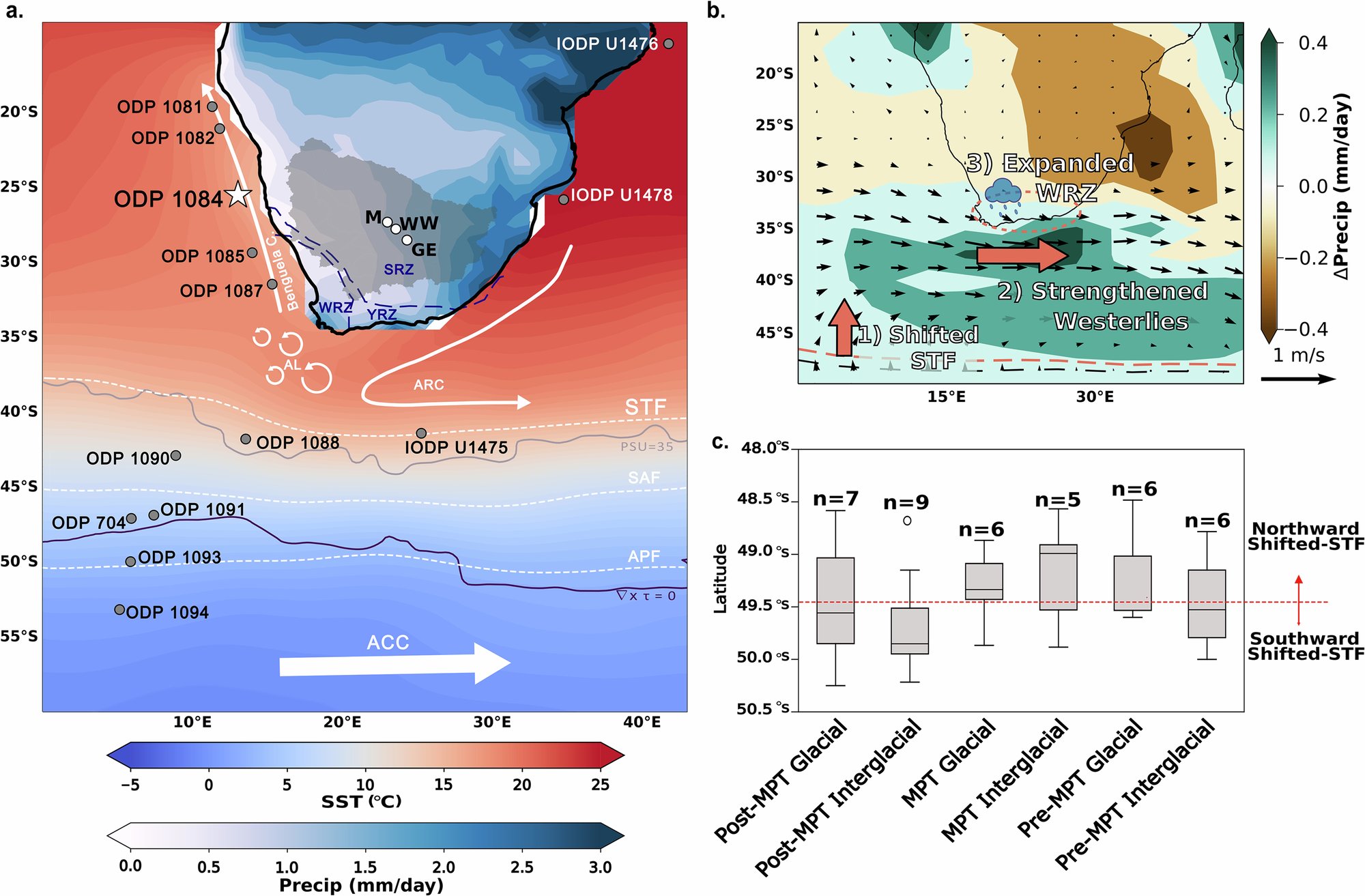
Alex Farnsworth🌻
@Climate_AlexF
Meteorologist and PaleoClimate Modeller @BristolUni (@GeogBristol). PhD @UniRdg_Met. Visiting Professorship ITP, CAS. Working on AppleTV+ #PrehistoricPlanet
🌋Mega El Niño instigated the end-Permian mass extinction📷. New research in @ScienceMagazine on how mega-El Niño solve a decades old problem in unifying both land and marine extinctions. The deadliest extinction in Earth's History. #sciencetwt #sciencetwt science.org/doi/10.1126/sc…
We see here a self-styled "honest broker" with decades of experience in downplaying climate change presenting an age-old climate denial trope: using *annual* rainfall data as argument against an increase in *extreme* rainfall. Does he *really* not know better? Brief 🧵1/4
New day, new paper! 🦣🌍 Led by @MapasLab PhD student @sofiaGA96 and out now in @GEB_macro: onlinelibrary.wiley.com/doi/10.1111/ge… "Could future palaeontologists detect today’s biodiversity patterns from fossils alone?"
[1/7] New paper in @NatureEcoEvo co-lead by @emmadnn, Davide Foffa & me: we combined fossil occurrences, biogeography and climate modelling to investigate the origins and early evolution of pterosaurs 🔗nature.com/articles/s4155…
Simulations at the lower range of future warming projections may be unrealistic as they are unable to capture the large observed global increases in absorbed sunlight & infrared greenhouse effect since 2000 - @gunnarmy et al in @ScienceMagazine: doi.org/10.1126/scienc…
Happy to share our paper in @ScienceMagazine, ‘Observed trend in Earth energy imbalance may provide a constraint for low climate sensitivity models’ science.org/doi/10.1126/sc…
🚨 I'm looking for #Postdoc opportunities starting this September! 🧑🔬🔍 I'm a highly motivated researcher with experience in R, network analysis, and multivariate statistics. My focus is on the evolution of ecosystems and biodiversity over deep time.
🚨🚨🚨!Post doc opportunity! 🚨🚨🚨 35 month post doc on niche modelling of migratory whales in my lab with @Kjonesthebones. Job advert below: my.corehr.com/pls/uoxrecruit… Please get in touch with questions!
If anyone eligible is willing to come to Brazil for a postdoc in our lab (Marie Skłodowska-Curie Postdoctoral Fellowships) feel free to reach out! euraxess.ec.europa.eu/worldwide/lac/…
Without its international students, Harvard is not Harvard. hrvd.me/IntStudents25t
New paper on Early Cretaceous SST seasonality from Oyster shells by Songlin He science.org/doi/10.1126/sc…
Rising Himalaya and climate change drive endemism in the Western Ghats: Fossil evidence insights doi.org/10.1016/j.revp… Review of Palaeobotany and Palynology
Some really nice work by Claire Rubbelke 👇 nature.com/articles/s4146… Paper link: rdcu.be/ehvip

New paper just out in @CurrentBiology led by @PrincessQuatris! 🦖 We used occupancy modelling to show that the #dinosaur fossil record before the K/Pg extinction in NA is shaped more by geological biases than real diversity signals 1/5🔗 cell.com/current-biolog…
An article on "Reconciling Earth’s growing energy imbalance with ocean warming" by Prof. Richard Allan (@rpallanuk) is the topic of our latest @UniRdg_Met research blog. You can check it out here! blogs.reading.ac.uk/weather-and-cl…
🌊 Today in @Nature: Is the AMOC on the brink of collapse? Unlikely before 2100—but the risks are real 🚨 We find Southern Ocean winds keep this vital ocean “heat engine” running, even under extreme #climatechange. But the Pacific holds a surprise… Let’s explore 🧵👇
We've reached 1.5°C global warming. With current policies, we're heading for a catastrophic 2.7°C warming. A new review paper in Science shows: this would change the Arctic 'beyond recognition', with knock-on effects (like rising seas) around the world. science.org/doi/10.1126/sc…
A happy Lunar New Year to all of our Villans celebrating 🥳
Subseasonal hydroclimatic swings increased by 31–66% since 1950s with projected doubling over land areas at 3C global warming, strongest over high latitudes + North Africa into South Asia & due primarily to thermodynamic intensification of the water cycle: doi.org/10.1038/s43017…
I'm pretty skeptical of Sabine's argument here that 2023 and 2024 anomalies somehow prove that "hot models" with high climate sensitivity are more likely. If we look at the latest global temperatures compared to all CMIP6 models, we see they remain far from the upper bound!
Over the course of 2024, global temperatures hit record highs, yet again. Climate scientists are beginning to worry that temperatures are increasing faster than their models led them to expect. youtube.com/watch?v=P6EMJl…